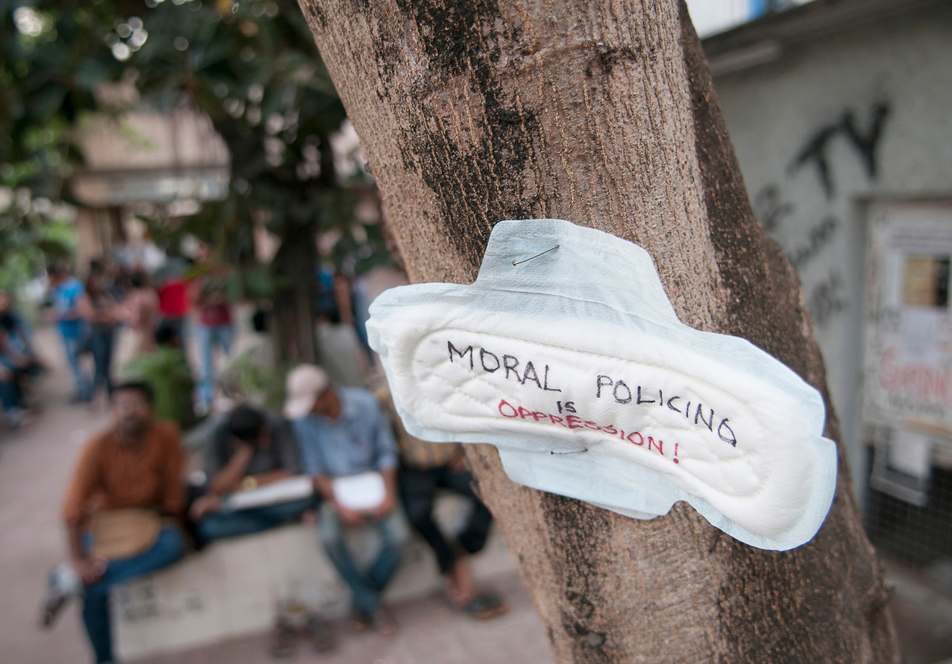The role of education is inextricably linked with emancipation and the broadening of mindsets and cultural practices. It is thus a sign of the nation’s failure to uphold the progressive ideals associated with institutions of higher education and their allied spaces — in this case, a hostel — when more than 60 women students are forced by the authorities to remove their underwear to prove that they are not menstruating. The matter only gained attention when some of the aggrieved students complained to the local media. Had they not done so, the deep-rooted nature of the prejudice — borne out by instances of isolating women on their period, barring them from the temple or the kitchen and, in this case, making them enter the details of their monthly menstrual cycle in the hostel register — would perhaps not have come to light. Worse, the college administration justified the strip search. When the authorities tasked with protecting emancipatory ideals are complicit in their destruction, it bears testimony to a broader connivance — cultural and institutional — in ensuring that women remain discriminated against even in places of learning.
A key contributor to such discrimination is, of course, the closed nature of some such educational institutions. This opacity, which endorses the asymmetry in power relations between students and their minders, leads to the misuse of power as well as the concealment of such transgressions. The prejudice against menstruation is an example of a primitive societal mindset that manifests itself in many ways in spite of being at odds with modernity. In a country where taboos and stigma ensure that many women do not have access to menstrual hygiene and often die from infections, it is the job of the State to redirect the narrative on menstruation to focus on hygiene as well as the rights of women to be free of restrictions. Four people, including the college principal, have been arrested in connection to the crime. But is this an effective deterrent? The prevention of such regressive practices is predicated upon the ability of State and society to raise collective awareness to root out embedded prejudice.












